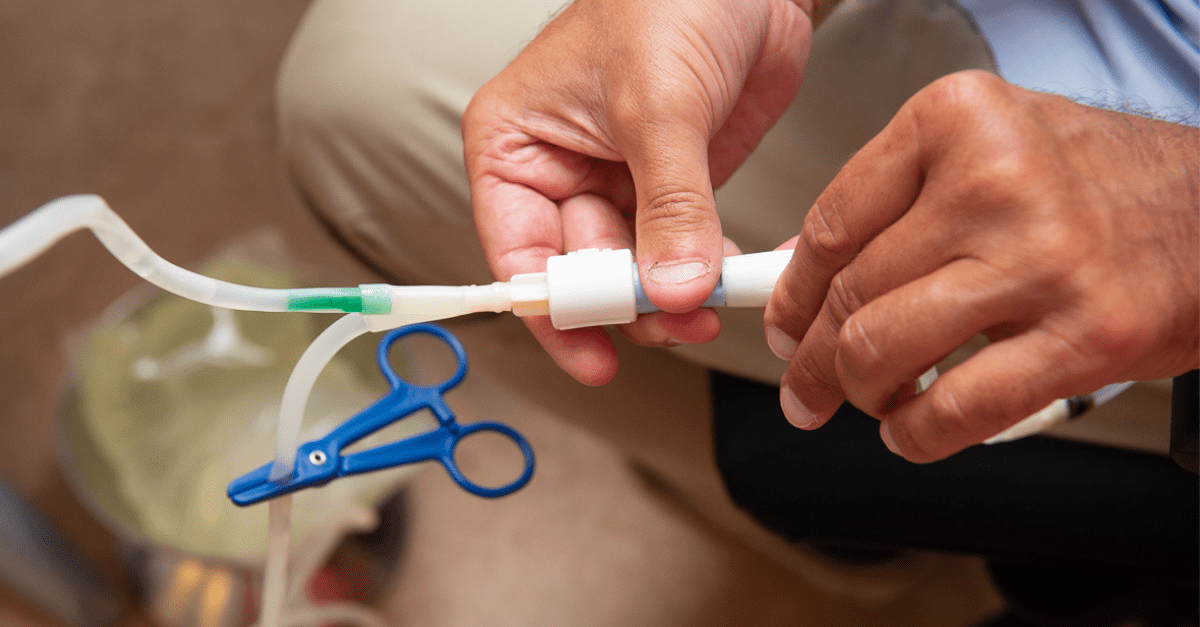A research team led by the University of Zurich (UZH) has announced that a common gene variant is responsible for the increased risk of death in patients receiving peritoneal dialysis. This gene variant for the aquaporin 1 (AQP1) protein reduces the number of water channels in cell membranes. This has considerable consequences for dialysis patients with chronic kidney disease who carry this gene variant: excess fluid and harmful substances remain in their bodies.

Study Coordinator Olivier Devuyst from the UZH Department of Physiology is quoted in a press release, saying: “The identification of this common genetic factor regulating the expression of aquaporin 1, which is associated with a higher risk of death and technique failure, provides a big step for precision medicine in dialysis.”
In total, the researchers investigated 1,851 patients from different ethnic backgrounds for several years. They used various methods to do so, from human genetics and murine models to computer modeling and cellular studies. Devuyst adds: “Our research shows that relatively common genetic variants – the AQP1 variant is detected in about 30% of the population – may affect fundamental processes, but are only exposed in special circumstances like the dialysis here.”
However, Devuyst says that this genetic defect can be overcome “by using specific osmotic solutions that attract water independently of aquaporins – so-called colloid osmotic agents – instead of glucose”.
The study was published in the New England Journal of Medicine on Thursday. It was funded by the Swiss National Science Foundation, the Swiss National Centre of Competence in Research (NCCR) Kidney Control of Homeostasis, and the University Research Priority Program (URPP) ITINERARE at the University of Zurich.
Related news
Contact us
Can we put you in touch with a peer company or research institute? Do you need any information regarding your strategic expansion to Switzerland's technology and business center?
info@greaterzuricharea.com